|
Dorset beekeeper Chris Slade is blogging about Lecture Day and declares that in spite of a long journey through Storm Dennis "It was worth it though and I’m glad I went."
Read all about it here: https://chrissladesbeeblog.wordpress.com/ We hope all who attended enjoyed the day and look forward to evaluating the online survey feedback. There were more than 220 beekeepers at this year's annual Lecture Day held by SBKA on Saturday (Feb 15) - a record number for us and we sold out for the first time.
If you attended we will email you a short survey about the day in due course and we'd be grateful if you could complete it. Meanwhile, we will be looking at how to accommodate more beekeepers in future years. Here's a snapshot of the day taken by our education officer Richard Bache MB. Our main photo shows Clive de Bruyn in full flow talking about how to go from winter to Spring. The Annual Lecture Day on February 15 is FULLY BOOKED. It's great that so many of you are coming to this event and we're sorry to disappoint anyone who hasn't bought a ticket yet.
After Lecture Day we will review arrangements to see if we can accommodate more people in future years. If you've bought a ticket but can't make it - let someone else come in your place
And remember to bring your ticket - either a prepaid paper ticket or an Eventbrite ticket - without it you won't be admitted! SBKA has published a digital version of the Year Book for the first time.
Online publication makes the Year Book available to nearly all members, saves on the cost of print and is more environmentally friendly. The Year Book is available for SBKA members to view and download in the members' only section of the website. If you requested a printed copy through your Division's Secretary or Membership Secretary, it will be available after Lecture Day (Feb 15). Thanks go to Year Book editor Bridget Knutson and officers from all Divisions who supplied information. Somerset BKA’s new education support group, made up of four Master Beekeepers, has launched with a flying start.
There’s been an overwhelming response to news of our first county-wide queen rearing course, ‘How to rear your own queens when you only have two or three hives’. Within hours of sending an email to members the course was three times over-subscribed. Currently tutors are looking at additional dates and will inform anyone who has registered an interest in due course. Also, the training day later this month for members interested in taking the BBKA's honey bee health certificate is full. Meanwhile, the group publishes articles in SBKA’s newsletter and on the website. Somerset BKA with Devon BKA - on behalf of the South West Beekeepers’ Forum – organised a practical one-day training event for about 150 members of the region's Asian hornet action teams on January 25.
The event was hugely successful and elicited comments including: 'Congratulations on today - a Triumph'; 'It really was a key event and a turning point in AH control in the SW'; 'THANK YOU SO MUCH FOR TODAY!!!' The programme included workshops, presentations, displays and discussions to help AHAT members to learn new skills, share good practice and discover the latest developments. Speakers included Dr Peter Kennedy of the University of Exeter and Dr Sarah Bunker, author of The Asian Hornet Handbook; Jersey’s Asian hornet coordinator, Alastair Christie, shared his experience tracking the non-native hornets on the Channel Islands. Somerset’s Asian hornet action team co-ordinator Lynne Ingram said: “We are on the Asian hornet frontline here in the South West and this training day was a great opportunity to prepare ourselves for the season ahead. “Asian hornets don’t respect boundaries so it was important to start preparing to work together across the region. Although it was mainly beekeepers who attended the event, one of the key messages to get across is that Asian hornets are not just a problem for beekeepers. “We now know that these hornets build nests in garden hedges, bramble patches, in holes in the ground and also on buildings. We will be working hard to educate the public so that everyone can recognise a hornet and report a sighting. With thousands of people looking out for them, we have some chance of slowing the invasion.” SWBKF Chair Peter Darley commented: “I certainly learned a lot from some very good speakers and workshops and came away with a far clearer idea on how to proceed in our preparations to fend off the coming invasion…All of us can learn from Somerset's lead and, as a Forum, we are lucky to have them and their experience to show us the way.” Asian hornets (Vespa velutina nigrithorax) have distinctive orange faces, yellow tipped legs and are smaller than the bright yellow striped European hornet. They are a notifiable invasive species and sightings should be reported immediately:
|
Archives
March 2024
Categories
All
|
Somerset Beekeepers Association Charity © 2021 Registered CIO Charity 1206483
Affiliated to the British Beekeepers Association
Click here to view our Privacy Policy
Affiliated to the British Beekeepers Association
Click here to view our Privacy Policy
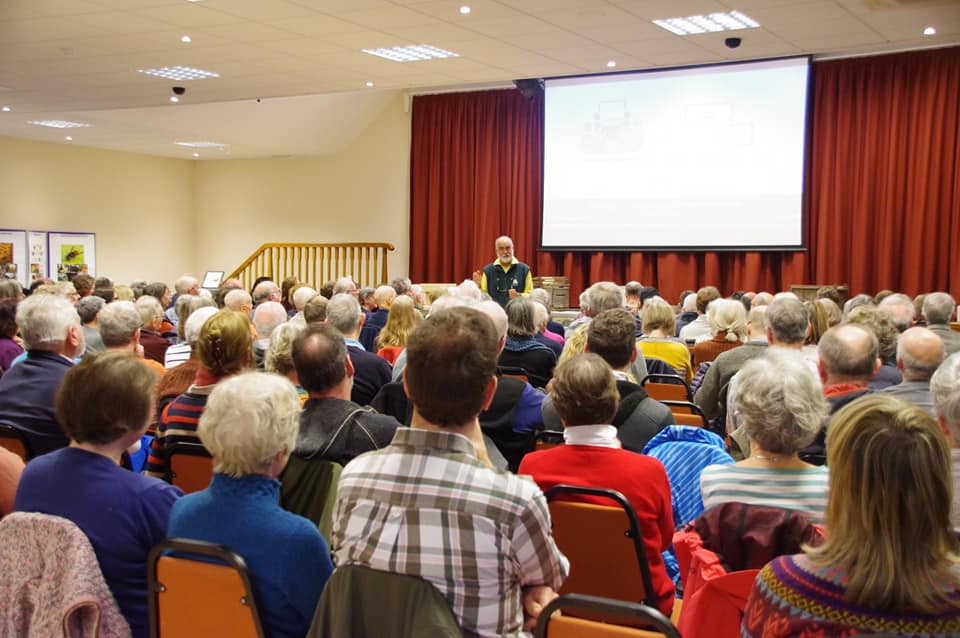
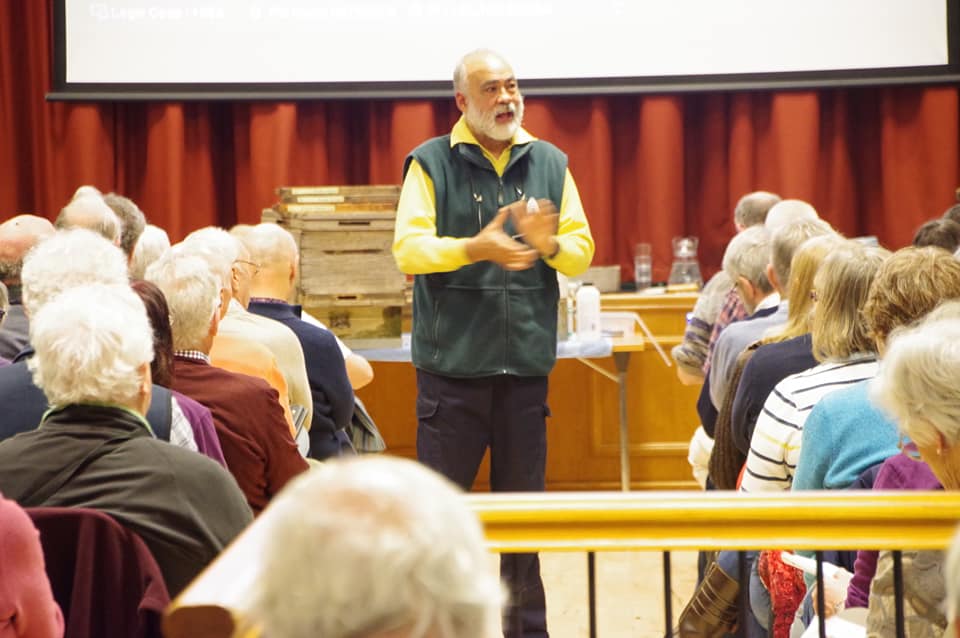
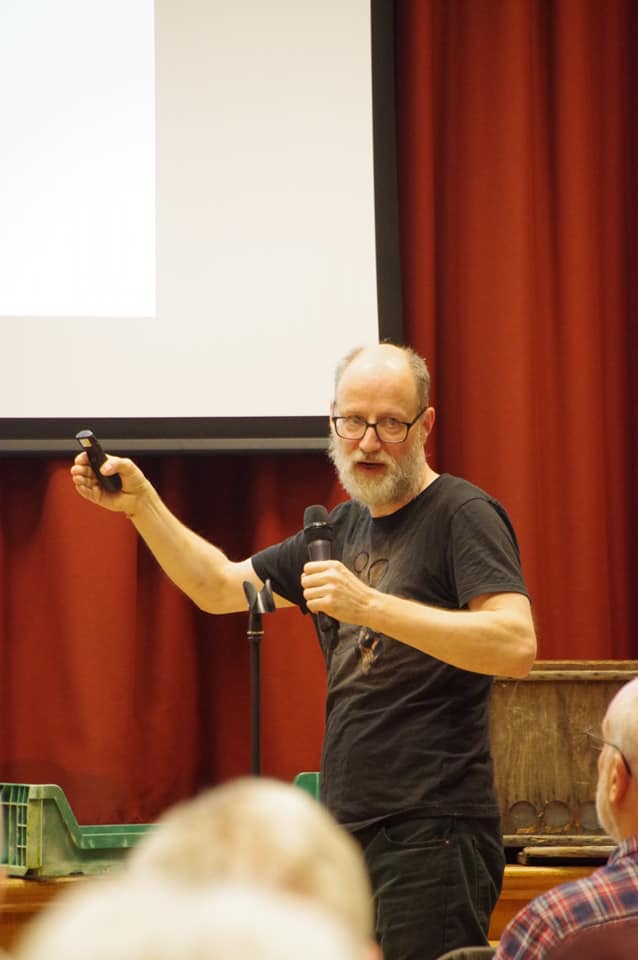
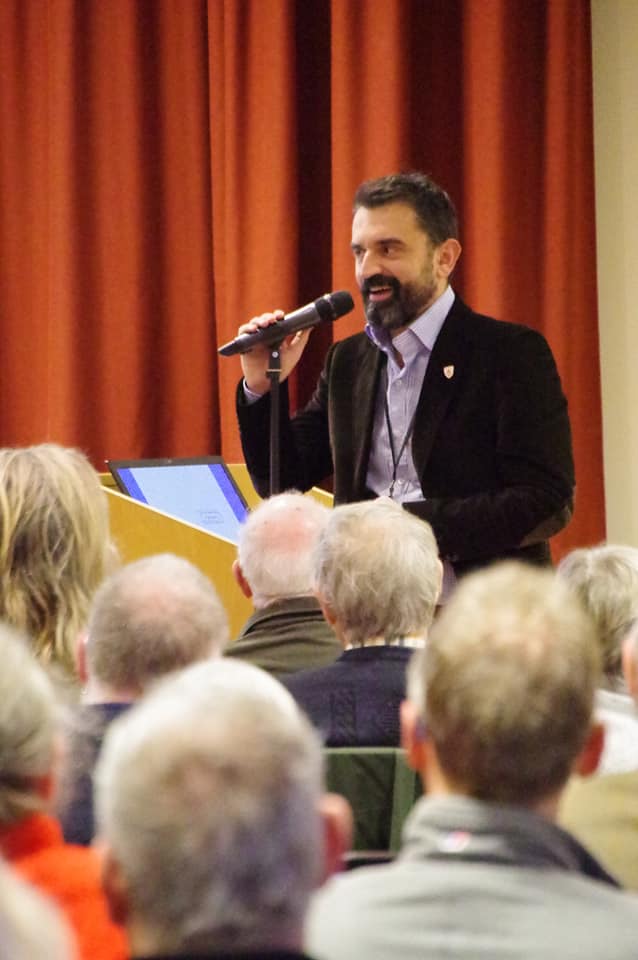
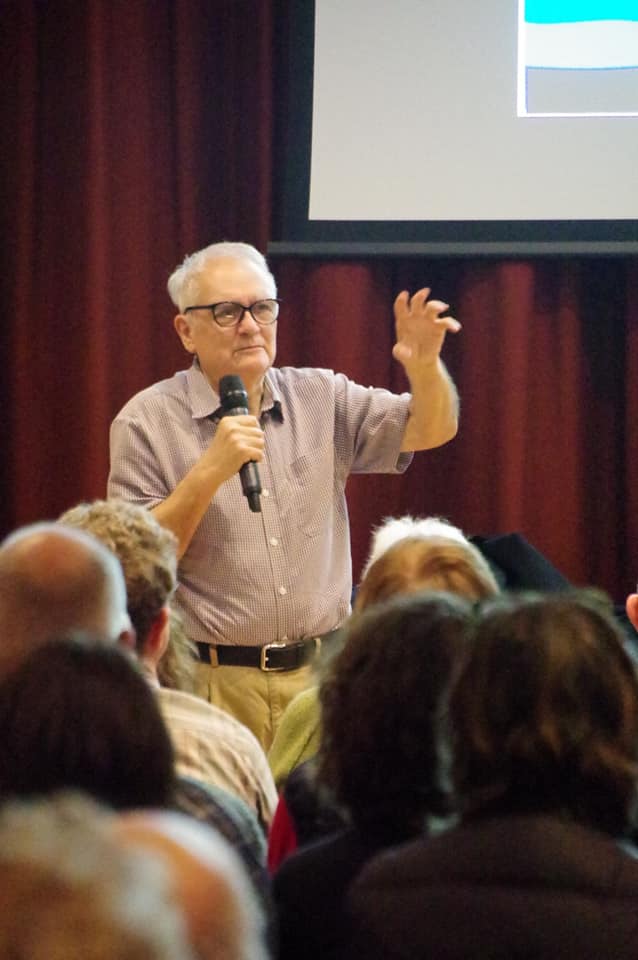
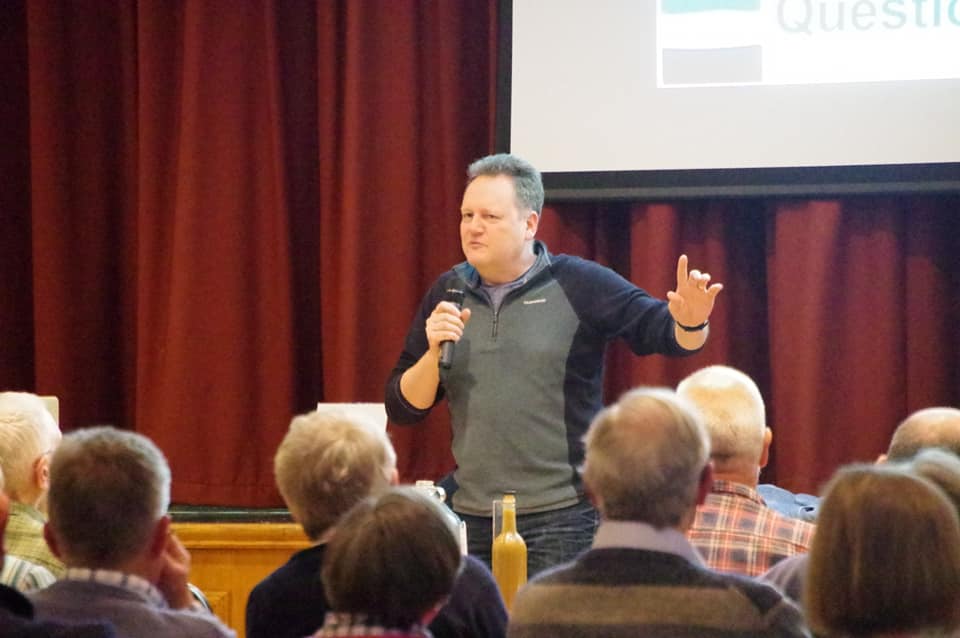
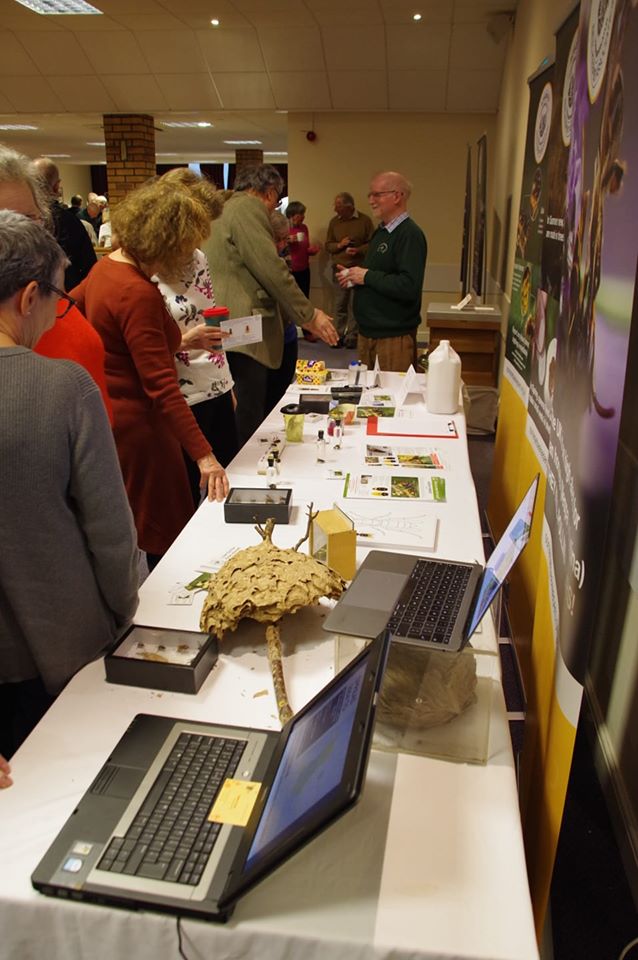
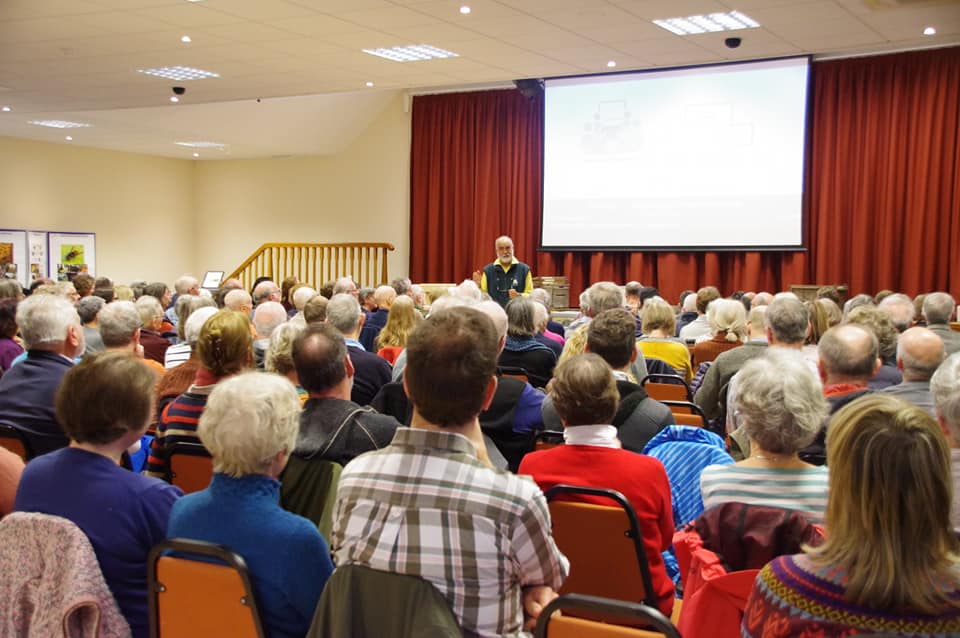
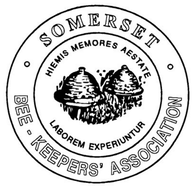
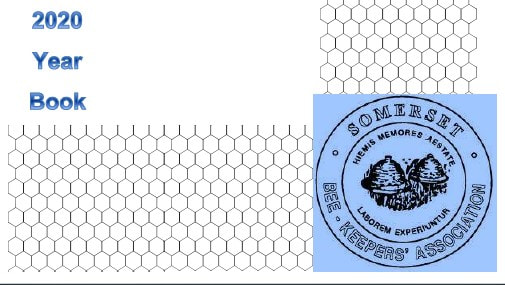
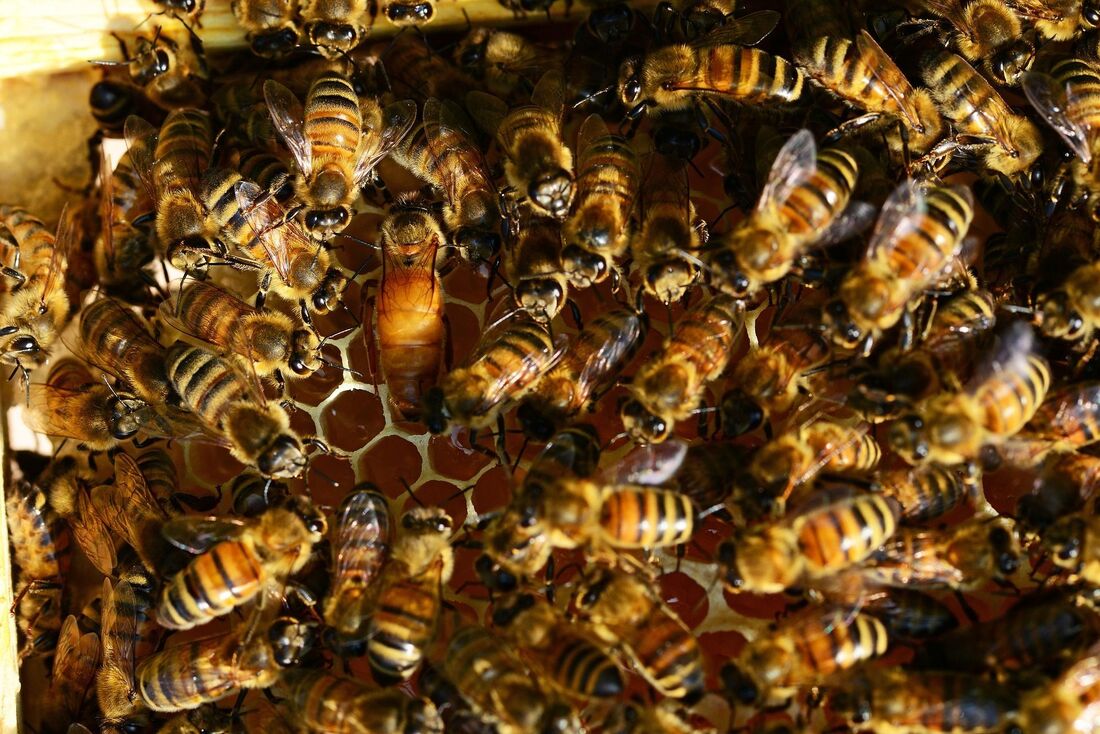
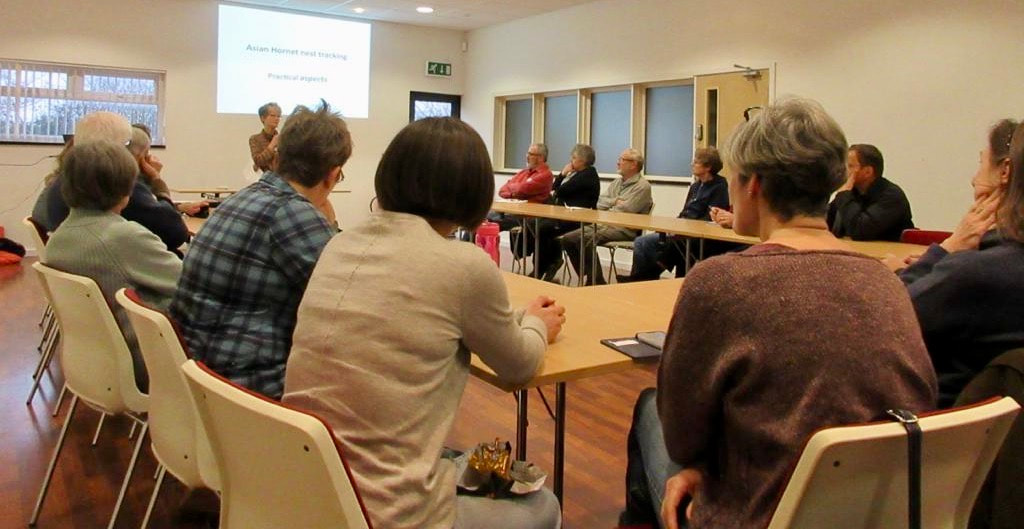
 RSS Feed
RSS Feed
